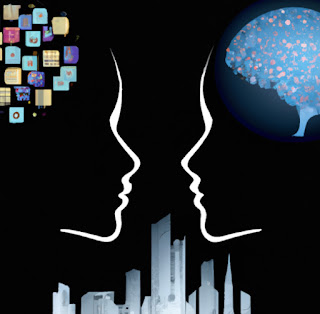Summary: Artificial intelligence (AI) has come a long way since the early days of simple computer programs. Today's AI systems, powered by machine learning, are capable of incredible feats, from diagnosing medical conditions to driving cars. While the advancement of AI has the potential to revolutionize various industries and improve our daily lives, it also raises ethical considerations and questions about the future. This article will explore the history and current state of AI, the ethical considerations surrounding its development, the impact of AI on various industries, and the potential future of AI.
I. Introduction Artificial intelligence, or AI, refers to the development of computer systems that can perform tasks that normally require human intelligence, such as learning, problem-solving, and decision-making. In the past few decades, AI has made tremendous strides, evolving from simple computer programs to highly sophisticated machine learning systems. The potential impact of AI on society and the human experience is immense, with some experts predicting that it will fundamentally change the way we live and work.
II. The history of AI AI has a long and fascinating history, dating back to the 1950s when early computer programs were developed to perform basic tasks. These programs were limited in their capabilities, and it wasn't until the development of machine learning in the 1980s that "intelligent" systems began to emerge. Machine learning involves training algorithms on large datasets, allowing them to improve their performance over time. Today, AI systems are capable of performing a wide range of tasks, from image and speech recognition to playing games and driving cars.
III. The ethical considerations of AI As AI has advanced, ethical considerations have come to the forefront. One major issue is the potential for bias in AI algorithms, which can lead to unequal or unfair treatment of certain groups. There is also the question of job displacement and economic disruption as AI begins to perform tasks that were previously done by humans. Additionally, there is the question of AI rights and personhood, as some experts argue that highly advanced AI systems may deserve certain protections or privileges.
IV. The impact of AI on various industries AI is already having a significant impact on various industries, with applications ranging from healthcare to finance to transportation. In healthcare, AI-powered diagnoses and treatment plans are being developed, which could improve the accuracy and efficiency of medical care. In finance, AI is being used for investment decisions and fraud detection. In transportation, self-driving vehicles are being tested on roads around the world, with the potential to revolutionize the way we commute.
V. The potential future of AI One of the most talked-about topics in the field of AI is the possibility of AI surpassing human intelligence. While some experts believe that this is inevitable, others caution that it is still a long way off and may never happen. Regardless of whether AI surpasses human intelligence, it is clear that it will continue to play a major role in our lives and will likely shape the future in ways that we can't yet imagine.
VI. Conclusion The advancement of AI is a double-edged sword, with the potential to bring great benefits as well as raise complex ethical questions. As we continue to explore the capabilities and limits of AI, it is important that we approach its development with caution and responsibility. Whether AI leads us into a bright and limitless future or poses unforeseen challenges, one thing is certain: it is already transforming our reality in ways that we could have never imagined.

Comments
Post a Comment